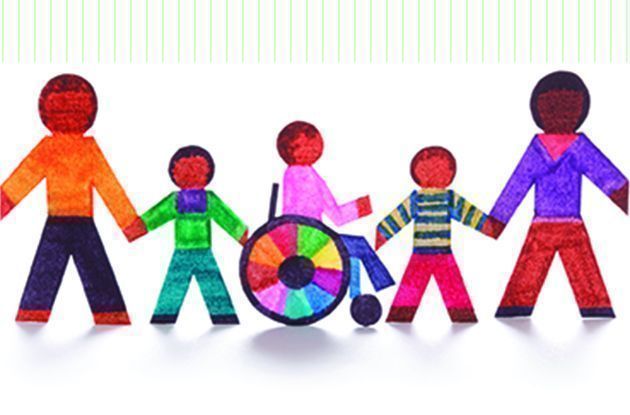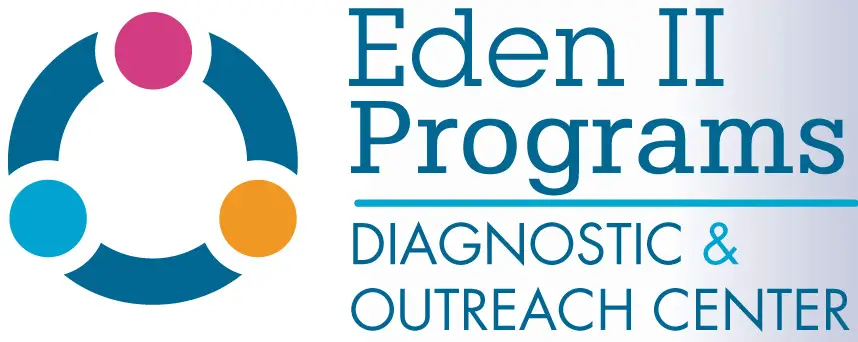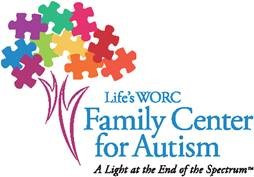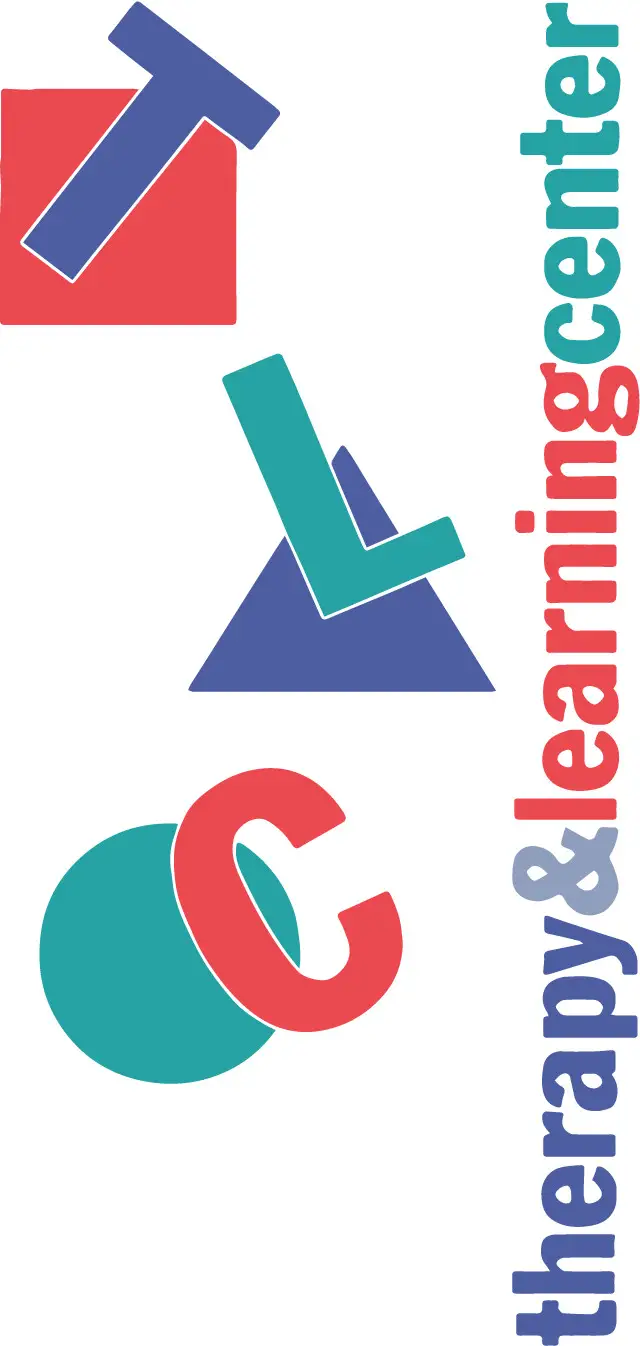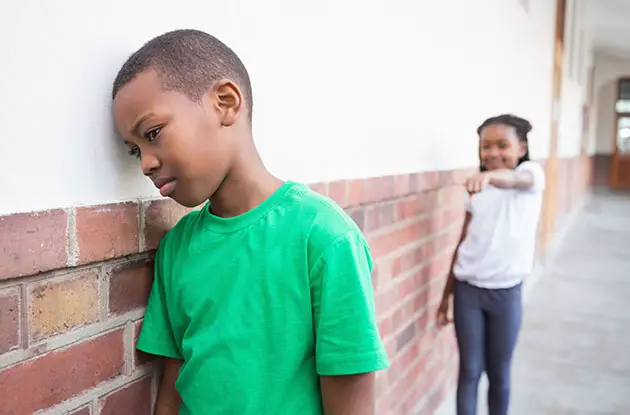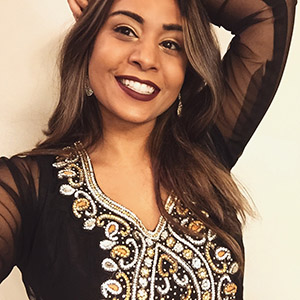“I hate that word! I don’t want you to ever use that word again!”
That’s what Kari Wagner-Peck yelled at a man who used the “R-word” in her son’s presence. Wagner-Peck, a Portland, ME-based blogger whose son has Down syndrome, says she felt as if the man understood her when she told him not to use language like that again.
Not everyone is so understanding, however. Calling someone a “retard”—whether in supposed jest or as an insult—is common, with many people probably unaware how hurtful it is to people with intellectual disabilities. That’s why activists, many of them parents, are taking a stand against the R-word with the Spread the Word to End the Word campaign.
Hurtful language is a constant battle for many people with intellectual disabilities, who are often stigmatized. Advocacy against the R-word has been ongoing for decades, says Soeren Palumbo, co-founder of the campaign, whose sister has an intellectual disability. “Spread the Word to End the Word was created as a grassroots, youth-led campaign in 2009 as part of the Special Olympics World Winter Games being held in Boise, Idaho,” he explains.
From Clinic to Slang
The word “retard(ed)” comes from the Latin word retardare , which means to delay or make slow. The R-word was originally introduced as “mental retardation” to clinically define people with intellectual impairment. Initially, individuals were defined as having mental retardation if they received an IQ score of 70 or below. IQ looks at the difference between a person’s chronological age and his developmental age. “If you would score below a 70, the thought would be that you might have issues with verbal, performance, and adaptability to daily life,” says Nava Silton, Ph.D., associate professor of psychology at Marymount Manhattan College, located on the Upper East Side of Manhattan.
Eventually, the R-word became part of everyday slang and people began to use it in jokes and pop culture, and it came to be seen as a pejorative word. The gap between medical terminology and offensive language grew and the purpose of the word became blurred.
RELATED: Find Special Needs Advocates Near You
What’s So Bad About the R-Word Anyway?
Dr. Silton believes a big problem with the R-word is it dehumanizes the person with the intellectual disability. “I’m very much a proponent of people-first language, so [that means] saying you are an individual with autism or an individual with a physical disability,” Dr. Silton says. She adds: “You are a person first with all those things that are uniquely human and unique to you, and then you also happen to have a disability. When you use the R-word you are defining the person by that term, and that is so reductive to do that to somebody.”
The language we use, advocates say, represents our values and can lead to certain behaviors, positive or negative. Using the R-word is a form of excluding and isolating people, but on the other hand, Palumbo says, “each decision to not use the R-word re-affirms the attitude that people with [intellectual disabilities] are valuable enough to not denigrate, valuable enough to include in shared human dignity.”
For parents of and advocates for people with intellectual disabilities, using the R-word singles out certain people for different treatment—and is just plain hurtful. “[It has] the same effect and intent of any slur, whether racial, anti-Semitic, anti-LGBT, anti-Muslim, etc.,” Wagner-Peck says. “It diminishes the person’s humanity. It is a hateful word whether the user acknowledges that or not.”
R-Word Offenders
Wagner-Peck works to call out those who use the word, unknowingly or not. This led her to publicly confront Chuck Klosterman, the best-selling author and former New York Times ethics columnist, about several occasions in which he used the R-word in print. In her open letter to Klosterman, she pointed out several instances when Klosterman had used the R-word and characterized the author as an “unrepentant hater of people with cognitive disabilities.” She ended the letter with a question: “What are the ethics of using the R-word?”
Wagner-Peck says she didn’t expect Klosterman to respond to her letter, but he did—apologizing for his choice of words and even donating $25,000 for her to give to any charity. In his response, Klosterman wrote, “I realize the books that contain those sentiments were published over 10 years ago, but that is no excuse; I was an adult when I wrote them and I knew what I was doing.” Wagner-Peck says she reacted in yells and tears to his apology—and with shock to the donation.
Ellen Seidman, a New York City blogger and mom of a son with disabilities, created a public message on her blog LoveThatMax.com to call out people who used the R-word and shed some light on the effects of it. Among her efforts is a YouTube video called “Would You Call My Child A Retard?” showcasing photos of her son Max and flashing phrases that detail offensive and belittling uses of the R-word. She begins the video by saying, “To me, he’s not a kid with disabilities. He’s just an awesome kid. But some people give him a bad name.”
Get the Best Family Activities
Sent to You Weekly!
VIDEO
In another post , Seidman tells a story of Joseph, a 9-year-old boy with autism spectrum disorder, and the amazing thing he did at a Target in Medford. While shopping with his family, Joseph noticed someone had arranged metal letters to spell out the word “Retards” on a shelf. He knew it was a bad word and spoke to his mother to confirm the meaning of the R-word. Joseph’s mom Tracy explained, “It’s a word people use toward people with disabilities or a word people use kind of ignorantly—instead of saying ‘stupid’ or ‘silly’ they choose to use that word and it’s really mean.” As a result, Joseph thought of his brother Max, who has autism, and felt that they needed to change the letters so nobody would see the bad word. Joseph searched the shelf for letters and rearranged them to spell his name “Joe” and the word “Dream.” He didn’t let the negative word affect him and he turned it into something positive, something Tracy says she really wanted Joseph to learn, according to Seidman’s blog post.
RELATED: Find Support Groups for Families of Kids with Special Needs
‘R-Word’ the Movie
Amanda Lukoff is a filmmaker whose older sister Gabrielle has Down syndrome. Inspired by Gabrielle, Lukoff is creating a film called The R-Word
“Growing up with Gabrielle made me and my [other] sisters more sensitive to the R-word—we advocated for Gabrielle by standing up to our peers about their use of the R-word,” Lukoff says. As a part of the film, Lukoff and her team created an animated short illustrating her experiences with the R-word and introducing her journey to find “how, when, and why the R-word became a part of pop culture, to discover if the R-word transcends American society, to uncover the lasting effects the R-word has on people with intellectual disabilities, and their friends and families, and ultimately, to try to empower people and communities and encourage everyone to think before they speak.” The film is set to be completed and screened this summer.
No doubt, some people will inevitably come away from any discussion of the R-word unconvinced that it is a big deal. For them, Jonathan Franklin Stephens, a self-advocate with Down syndrome, has a message, which he conveyed in a Huffington Post article he wrote: “To all of you who use it, let me say it one more time, THE R-WORD HURTS. You don’t have to aim the word directly at me to hurt me and millions of others like me who live with an intellectual disability. Every time a person uses the r-word, no matter who it is aimed at, it says to those who hear it that it is okay to use it. That’s how a slur becomes more and more common. That’s how people like me get to hear it over and over, even when you think we aren’t listening.”
RELATED: Are Children with ASD More Vulnerable to Bullying?
